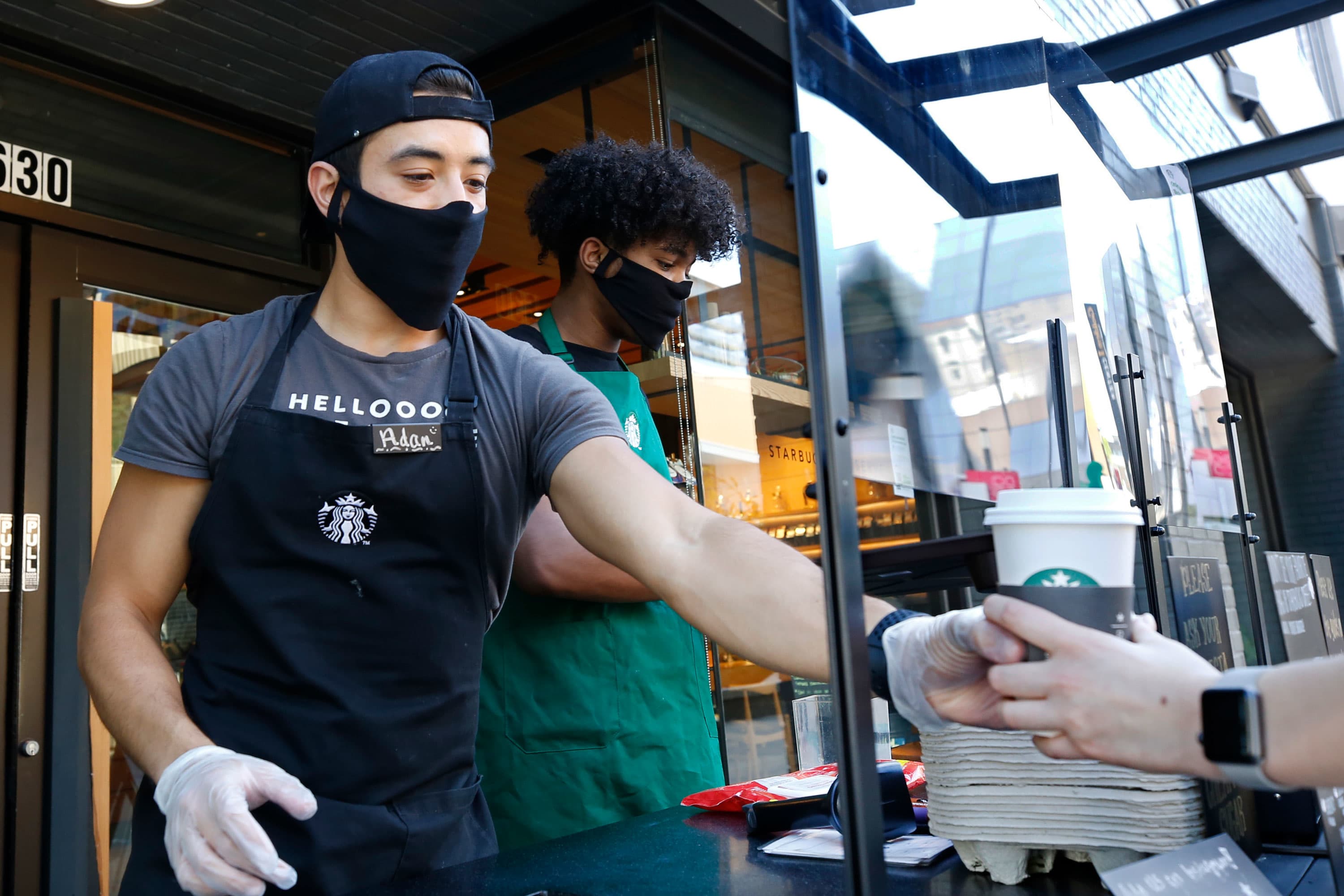Those who have watched recorded video lectures for an academic class know how much precious studying time those videos can take up — time that seems to drag on even more if the speaker talks slowly or pauses often.
The temptation to ramp up the playback speed of the video can be hard to resist with a long to-do list, even though conventional wisdom states you won't get much information when it's conveyed at chipmunk-voice speeds.
A new study from researchers at UCLA seems to suggest busy students listening to sped-up video lectures can actually understand a lot: about as much as those listening to the same lecture at regular speeds.
Even more, when researchers checked back weeks later, the students watching sped-up videos retained about as much information as those who watched the lectures at regular speeds.
Get top local stories in Southern California delivered to you every morning. Sign up for NBC LA's News Headlines newsletter.
However, the researchers who designed the study say there's an important caveat about how to use that saved studying time, and about how fast videos can go before student learning suffers as a result.
The Experiment
The study was partly inspired by the growing amount of online content for college and university classes, said senior author Alan Castel, a UCLA professor of psychology.
The remote learning inspired by COVID-19 was "part of the impetus for this study," he said. But while they were attempting to learn "how to make this effective," he and lead author Dillon Murphy first started contemplating the effects of sped-up video lectures on comprehension before anyone had heard of the coronavirus.
Before the pandemic, the study was inspired by what Murphy, a Ph.D. candidate and researcher at UCLA, had seen students do firsthand. And as a busy Teacher's Assistant, Murphy admitted to speed-watching videos himself to save time.
“Is this a good idea?" Murphy recalled wondering. "There’s got to be some drawback to this."
To test whether comprehension suffered as a result of watching sped-up lecture videos, Castel and Murphy set up a series of experiments.
One experiment divided 231 undergraduate participants into four groups. Each group watched two video lectures: one about the Roman Empire and the other on real estate appraisals, according to a news release from UCLA.
The videos, at normal speed, ranged between 13 and 15 minutes long. Without pausing the videos or taking notes, one group watched each video at its normal speed; the second watched them at 1.5 times normal speed, the third at double speed and the fourth at 2.5 times normal speed.
After each individual video, the participants were given true-or-false and multiple-choice tests consisting of 20 questions to gauge how well they remembered the information.
The normal-speed group averaged 26 correct answers out of 40, and were closely followed by the 1.5-speed group and double-speed group, which each scored 25 out of 40.
It wasn't until participants watched the video at 2.5-speed that their performance on the test significantly declined, to an average of 22 out of 40 questions answered correctly.
A week later, when the same participants took new tests without rewatching the videos, the new test scores saw the same order of decline. Normal-speed watchers got an average score of 24 out of 40, 1.5 and double-speed watchers got an average of 21 out of 40, and 2.5-speed watchers scored about 20.
"Surprisingly, video speed had little effect on both immediate and delayed comprehension until learners exceeded twice the normal speed," Murphy said in the UCLA release.
Other experiments for the study showed that students watching the videos twice in a row at double speed scored the same on tests as students who watched videos once at their normal speed.
They also found that students watching the video once at normal speed and again at double speed fared about the same on tests, regardless of whether the sped-up viewing came before or after the normal-speed viewing.
What It Means
The study suggests that, while sped-up videos did not improve student learning comprehension, they did not put them far behind, either — at least until the speed reached 2.5 times the norm.
"So far we haven’t seen a benefit, we’ve just seen we’re doing okay," Castel said.
He and Murphy both cautioned against taking the results of this one study as law for video lectures.
"There might be some negative effects, there could be a lot of boundary conditions to this effect," Murphy said. The videos in the study were for subjects that can be explained verbally pretty easily, he explained, whereas students watching a complex physics or chemistry lecture at high speeds might see different results.
Future studies on the same topic could provide more insight into how well students remember information conveyed at higher speeds when it comes to those kinds of complex topics, the researchers said.
Other studies could also help researchers understand whether these students remembered more because they're younger people used to learning via video lecture.
"These are students who have been doing this for a long time," Castel explained. Older, "mature" students who aren't as used to technology in academia might fare differently.
And, because researchers left out the effects of notetaking and pausing the videos to get a better idea of the effects of video speed on its own, future studies could look at how memory improves with notetaking. They could also examine when and why people pause their videos.
"We do think this is going to lead the field into answering more of these questions," Murphy said.
So, Can I Speed Up My Lectures to Get Them Over With?
Not exactly, according to Castel and Murphy.
While watching the videos faster, below 2.5 times the normal speed, can help students get through the lecture faster without losing too much understanding or forgetting much more information, the researchers recommend using that saved time to study in other ways.
"We definitely caution the use of this strategy to simply save time," Murphy said. But the increase in efficiency that students get from finishing a video in half the time could allow them to make more flashcards or take more effective notes.
"Students can potentially spend the same amount of time studying, but in perhaps a better way," Murphy said.
That opens the door to the "potential benefits of that additional study opportunity," he added.
Previous research shows that marathon study sessions are less effective than sessions that make use of the spacing effect, where studying for a shorter amount of time, taking a small break, and then studying some more can help with knowledge retention, Caster explained.
"If you watch the video quickly, take a week long break and then watch it again," that would likely be better than one mega study session — or only one watch-through at increased speeds.
"Surprisingly, students can learn fairly well at increased speeds to a point," Castel said, "However, and it’s a big however, [that] time should be used wisely."
What the study does mean, he said, is that "people can learn at their own pace."




